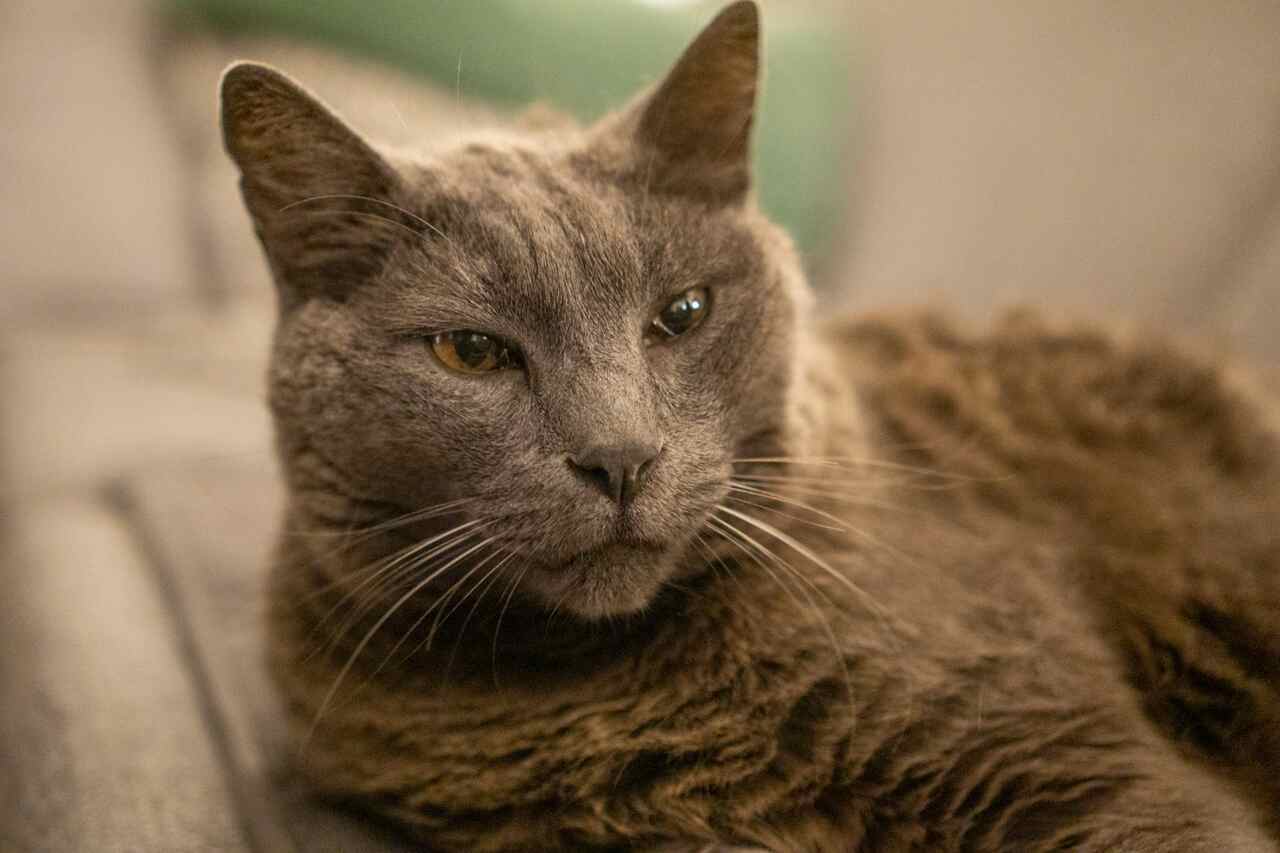
If you’ve ever had an elderly cat at home, you know that felines tend to become pickier with their food as they age.
According to Ana Rita Monforte, program manager for data science and flavor at AFB International, this happens because a cat’s ability to sense taste and smell diminishes with age.
“As cats age, neurological changes reduce their ability to detect flavors and aromas, which can make food less appealing,” Monforte explained to Pet Food Industry.
“Our research shows that elderly cats generally prefer foods with stronger smells and richer flavors to compensate for their diminished senses.”
Not just in old age
Monforte explained that this change in food preference can be observed throughout a cat’s life since a kitten’s senses differ from those of an adult cat.
“While adult cats enjoy a variety of textures, elderly cats tend to prefer softer or wetter foods. Customized formulations are essential to ensure they continue eating well as they age.”
Predictions for the future
Based on her research, Monforte suggests that the next five years will bring advancements such as personalized, AI-driven formulations tailored to a cat’s specific age, health status, and preferences.
Additionally, she predicts that the sustainable sourcing of ingredients, including plant-based umami enhancers, will play an increasing role in feline nutrition.
She concluded by emphasizing the importance of providing specialized food for elderly cats to ensure their physical and mental well-being.
“Well-nourished pets have a better quality of life, driving consumer demand for scientifically formulated, age-specific pet foods,” she concluded.
Photo and video: Unsplash This content was created with the help of AI and reviewed by the editorial team.

